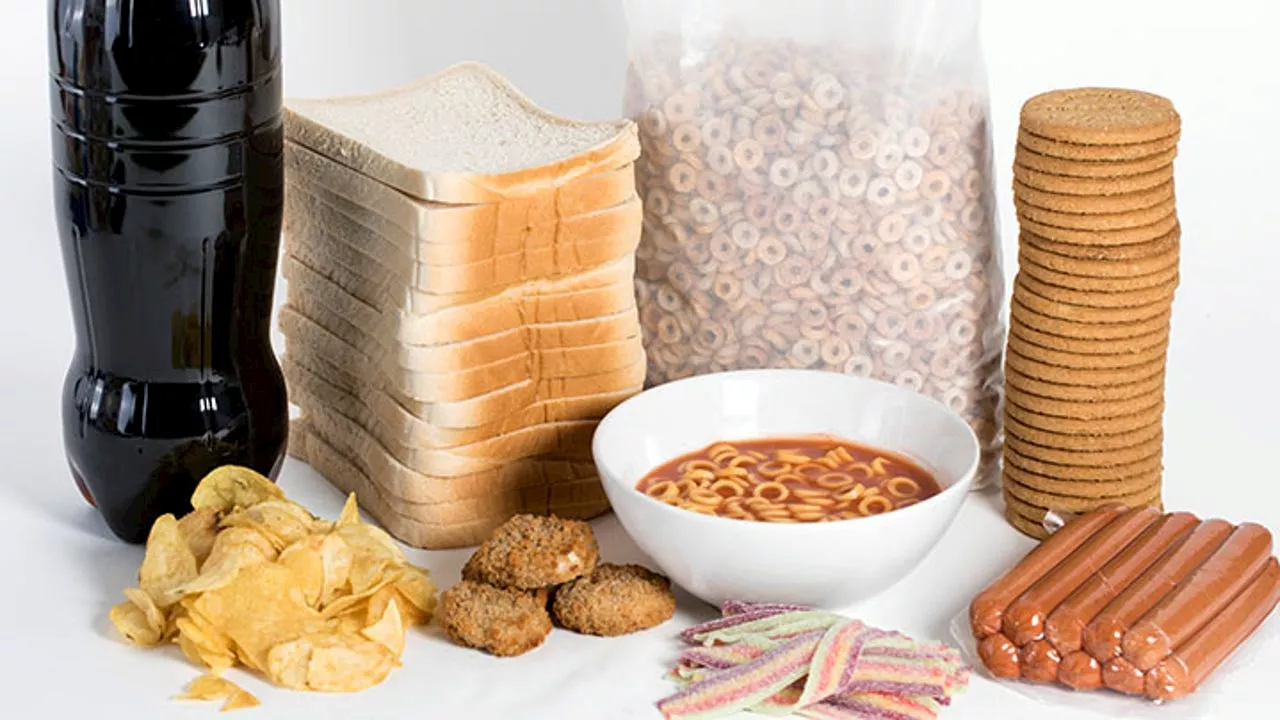Researchers from the Mass General Brigham Cancer Institute have found a significant association between the consumption of ultra-processed foods and an increased risk of early signs of colon cancer among young adults. The study analyzed data from nearly 30,000 healthy women and revealed that those who consumed higher amounts of these foods were more likely to develop colorectal precursor lesions known as colon adenomas.
Ultra-processed foods refer to items that contain industrial ingredients not commonly found in home cooking. These include packaged products with long shelf lives, such as boxed soups and frozen meals. According to public health estimates, ultra-processed foods account for approximately 70% of the average American diet, a trend that many individuals grew up with in the 1970s, 1980s, and 1990s.
Dr. Katherine Van Loon, a professor at UCSF and director of the UCS Global Cancer Program, emphasized the importance of these findings. She noted that the rise in colorectal cancer diagnoses among younger adults is concerning and reflects a shift in the patient demographic she encounters in her clinic. “Every patient in my clinic is very, very young,” Dr. Van Loon stated. “We’re seeing decreasing rates in people over 45, but rising rates in younger people. This is resulting in a rising mortality rate from an otherwise preventable disease.”
While previous studies have linked early-onset colorectal cancer to factors such as obesity, Type 2 diabetes, and sedentary lifestyles, Dr. Van Loon pointed out that many of her young patients do not fit these typical patterns. “That’s why this study is so important,” she explained. “It adds another layer to what may be driving this epidemic.”
Although the research did not specify individual food items, it is evident that ultra-processed foods, which include convenient and heavily preserved items, play a significant role in dietary habits. Dr. Van Loon remains optimistic that it is not too late for individuals to adopt healthier eating practices. Drawing parallels to tobacco research, she noted that cessation of smoking reduces cancer risk and suggested similar improvements can be made by reducing ultra-processed food consumption.
“It’s not too late to intervene, stop bad habits, and pass on good ones to younger generations,” she urged. Dr. Van Loon recommends prioritizing fresh foods, particularly vegetables and unprocessed meats, and stresses that anyone aged 45 or older should undergo screening for colorectal cancer. She also highlighted the importance of recognizing symptoms early, regardless of age.
“If someone is experiencing bowel changes, blood in their stool, abdominal pain, cramping, or unexplained weight loss, they should see a doctor,” she advised. “Just because you’re not yet 45 doesn’t mean those symptoms don’t need medical attention.”
In conclusion, increased awareness and proactive measures could help reverse the concerning trend of rising colorectal cancer rates among younger adults. As the research underscores the potential dangers of ultra-processed foods, the call for healthier dietary choices becomes ever more critical.







